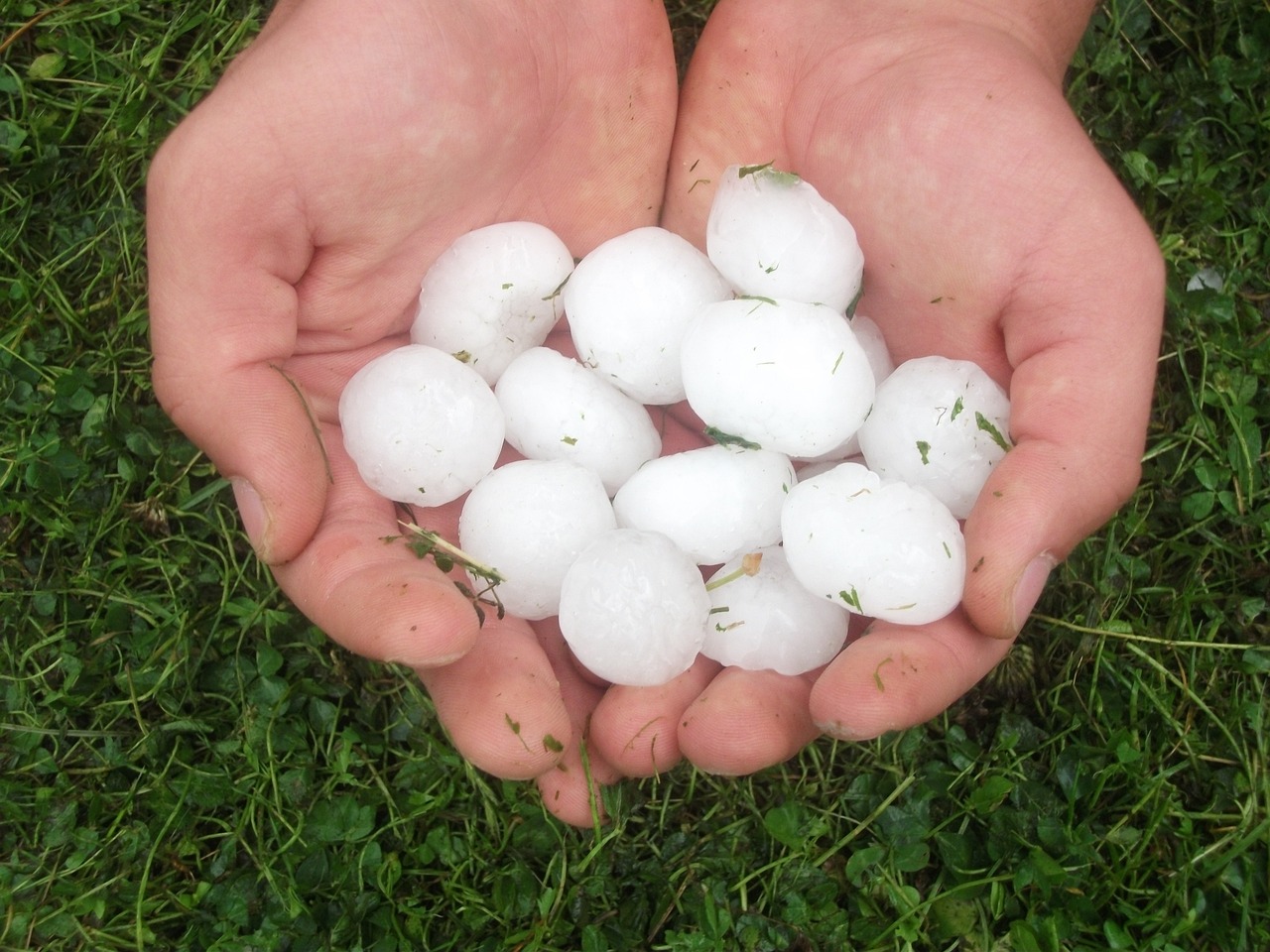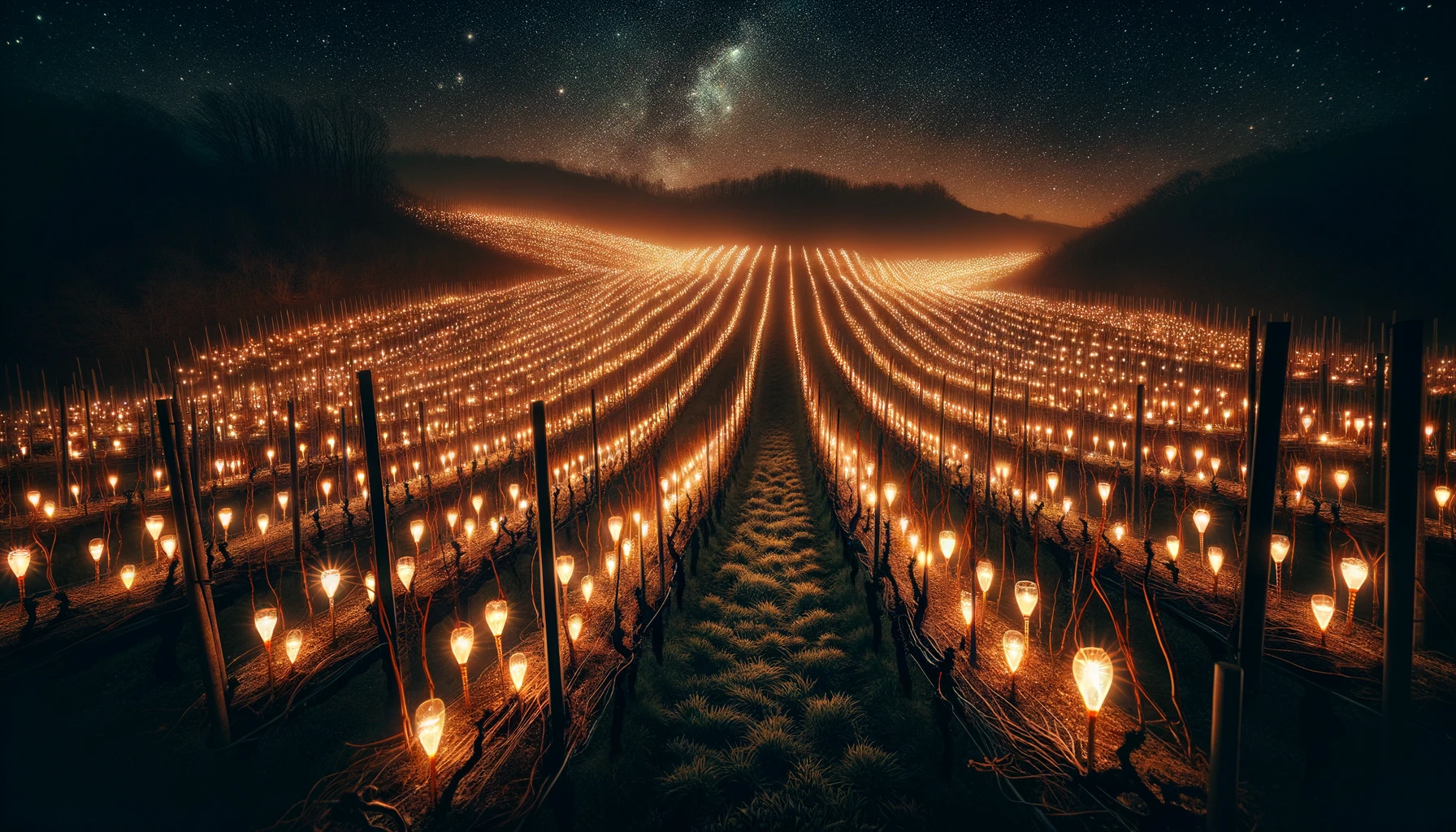The first candle has been lit, six doors have been opened and this morning I was even blessed with sweets and chocolates by St Nicholas. It’s a magical season, but the wine world is still abuzz and we got plenty of topics to cover in the latest edition of the Jolly Cellar Master weekly, from Bordeaux’s excess production challenges to the unique hardships faced by British Columbia’s wine industry due to climate change and more. Here we go.
What they don’t talk about at COP 28, struggles of a different kind, plus AI to the rescue
Addressing Bordeaux’s Overproduction with a Novel Approach
It had been known for some time, but when one of the most important wine producing region of the world announced its plans to tear out almost a tenth of its vineyards, it did cause a stir. We are, of course, talking about Bordeaux and its abundance of wine production. Gemma Hadley writes that the Conseil Interprofessionnel du Vin de Bordeaux (CIVB) has initiated an innovative ‘grubbing up’ scheme, with the European Commission’s endorsement, to tackle this issue. The plan is to uproot around 9,500 hectares of vines – about 9% of the region. With a €57 million financial package in place, growers are being offered €6,000 per hectare. However, this scheme has exposed some inconsistencies. While the initiative ostensibly focuses on disease control, it doesn’t squarely address the core issues of overproduction and financial strain. Interestingly, despite a third of winemakers facing economic challenges, the scheme requires proof of financial stability for participation, a paradox that’s raising eyebrows.
Emerging Trends in the Global Bulk Wine Market
We all love the cult wines of the world, but many wine professionals do not seem to know a thing about the bulk wine business despite its economic importance. To change that Meininger has us diving into the bulk wine market, which accounts for a staggering 70% of the global wine scene, we notice some fascinating trends. Florian Ceschi, from the bulk broker Ciatti, points out the growing allure of bulk wine, credited to its sustainability and reduced carbon footprint. Current trends are skewing towards ‘no and low’ alcohol wines, sulphite-minimal varieties, and easily accessible formats like canned wines. But the market isn’t immune to fleeting trends, as evidenced by the short-lived craze for Moscato. Ceschi also cautions against over-reliance on the Chinese market, hinting at the lingering wine surplus due to the COVID-19 lockdowns.
British Columbia’s Wine Industry: A Climate Change Conundrum
It is fitting that while there is a global climate change conference ongoing in one of the biggest oil producing countries of the world, we mention the effects of global warming. British Columbia’s wine industry is grappling with the harsh realities of climate change. The region has been battered by a series of climatic extremes – from deep freezes and droughts to devastating wildfires. A report by the BC Wine Grape Council (BCWGC) paints a grim picture: 29% of the vineyards were damaged last winter, with replanting costs estimated to be between CA$162m and CA$317m. This has led to a noticeable dip in both employment and revenue, underscoring the dire need for financial aid and innovative adaptation strategies.
Israeli Wine Industry: Navigating Through Conflict
Israel’s wine industry is currently navigating turbulent waters due to the ongoing Gaza conflict. Wineries such as Tulip and Odem Mountain have been particularly hard-hit, dealing with military call-ups and restricted access to their vineyards. Despite these daunting challenges, some have managed to maintain operations, albeit with reduced manpower and sales. The conflict has also cast a shadow over the global market’s perception and distribution of Israeli wines. The full story can be found here.
AI Steps into the World of Wine Fraud Detection
In a rather exciting technological development, researchers have unveiled an AI tool employing gas chromatography to combat wine fraud. Apparently, this cutting-edge technology can trace the unique chemical signature of wines back to specific châteaux, offering a promising new method for both fraud detection and quality control in winemaking. However, the technology is still evolving, particularly in distinguishing between different vintages. Its emergence is timely, especially considering the growing involvement of organized crime in the wine fraud sector. And then there is, of course, the question about the motivation to fight wine fraud…
China Reconsiders Tariffs on Australian Wine
When your exports to your biggest international market literally drop from 100% to zero overnight, you’re in trouble. That’s the baseline for Australian wine following the ban of its imports to China. You might have been able to hear a sigh of relief all the way up to the Old world, when in a significant turn of events, China has announced a review of its tariffs on Australian wine imports. This decision follows several diplomatic engagements aimed at resolving the ongoing trade dispute and comes on the heels of the elimination of tariffs on Australian barley. These tariffs, which have had a profound impact on Australian wine exports, were originally implemented amidst accusations of cheap wine dumping and broader geopolitical tensions. This review signals a potential thawing in the trade relations between the two nations. See, there is always hope.
—
And that is all for today. However, if you have an interesting story to tell or simply want to chat about wine as a guest on the Podcast, connect on Twitter or drop me a line. And if you want to stay in the loop about things happening at the JollyCellarMaster and the world of wine, make sure you sign up to our newsletter.
—
Disclaimer: As always, I’d like to be completely transparent about affiliations, conflicts of interest, my expressed views and liability: Like anywhere else on this website, the views and opinions expressed are solely those of the original authors and other contributors. The material information contained on this website is for general information purposes only. I endeavour to keep this information correct and up-to-date, I do not accept any liability for any falls in accurate or incomplete information or damages arising from technical issues as well as damages arising from clicking on or relying on third-party links. I am not responsible for outside links and information is contained in this article nor does it contain any referrals or affiliations with any of the producers or companies mentioned. As I said, the opinions my own, no liability, just thought it would be important to make this clear. Thanks!




